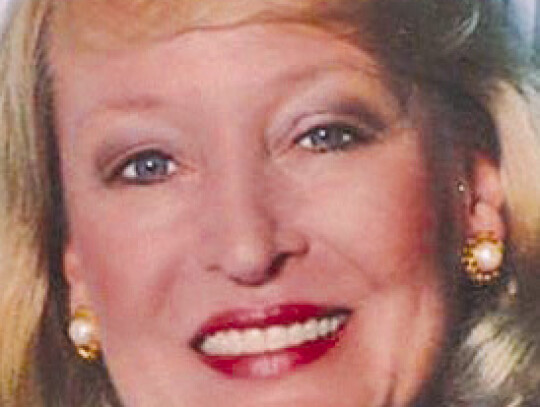Eagle Lake Remembers
There was an air of excitement on Main Street. It was early spring in March, 1917. At a time when small towns had little access to big name culture and entertainment programs, Eagle Lake was about to have one of the best of cultural programs in the country, from lectures and concerts, to plays and opera. There was to be a youth program designed especially for the young people of Eagle Lake. The Chautauqua Festival was to last an entire week.
Many leading citizens of the town wanted to bring the culture afforded the larger cities to the Texas countryside, at the prairie town of Eagle Lake. Buggies and a few early automobiles were making their tracks from all parts of town to the old Dallas Hotel for a special planning dinner. At the hotel banquet were 50 local Festival planners, and the Festival contract signers. They were to meet with the Chautauqua representative to ready the town for a week-long cultural festival event, the likes of which had never been seen in the small prairie town.
The big event was to be held on the vacant lots of Mr. G.W. Keith on the corner of Strickland Avenue and State Street. The performers would be arriving by train, along with platforms, tents, orchestras, singers, lecturers, actors, props and sets. It was no easy task to move this festival of multiple events from place to place. But fortunately Eagle Lake was in a good location for railroad access.
Local businessmen who had automobiles volunteered to take pamphlets to the neighboring towns to announce the Festival and to invite their participation, young and old. There were to be 26 different performances, with three or more per day. The event would cost $2.50 for advance tickets, and $3.00 for festival tickets at the door. Single events would cost ten cents. Tickets for the Junior Chautauqua Festival for children were slightly less.
The Chautauqua organizer and representative, a Mr. Herbsman, came to assist the community leaders to create a smooth and well-planned event, at their banquet meeting at the Dallas Hotel. Eagle Lake was about to host some of the most recognized singers, dancers, orchestras, speakers, and opera stars in the country.
For weeks in advance, the Headlight gave previews of the performers and speakers to incite community interest. Photographs and biographies of performers appeared, and the variety of cultural events alone was enough to spark interest. The programs would begin on Monday, April 16, 1917, and the final program would end the following Sunday night on April 22, 1917.
It was to be educational, entertaining, and inspirational from beginning to end. The Junior Chautauqua program was to teach children about the world, by taking them through different cultures with food, language, music, and dress of each area. They could also attend the other events.
Among the performers was the Boston Light Opera Company, with its orchestra to perform the opera “The Chimes of Normandie.” Famous singer James Goddard from the Chicago Grand Opera was on the program, with assisting artists. A musical play of old Japan was to perform “Along the Road to Tokyo”, plus a musical arts quartet. A number of excellent speakers prepared to give programs of business, politics, philosophy, and civic interests. The Davenny Festival Quintet and a violin virtuoso arrived to perform along with three major events daily throughout the festival during morning, noon, and evening programs. At a time when there were no radios, television, and entertainment as we know them today, the Chautauqua Festival was a valuable weeklong event.
The Chautauqua Institution was founded in western New York on Chautauqua Lake, in 1874, in a beautiful setting, which provided educational programs. It began as a site for summer education for non-denominational Sunday School teacher education. Its educational and recreational programs became so popular that Chautauqua became known far and wide. Buildings and a hotel were built, and each summer lectures, concerts, operas and cultural events were held.
It created an outreach to smaller, rural communities to bring the quality of educational and cultural programs to enrich interested towns such as Eagle Lake. It took the dynamic leadership of our citizens in the early 1900s to partner with the Chautauqua group to bring their excellent programs to Eagle Lake.
Even today, thousands still attend the outstanding programs at the Chautauqua Institute by the beautiful Lake Chautauqua in upstate New York. Eagle Lake was fortunate.
.jpg)



